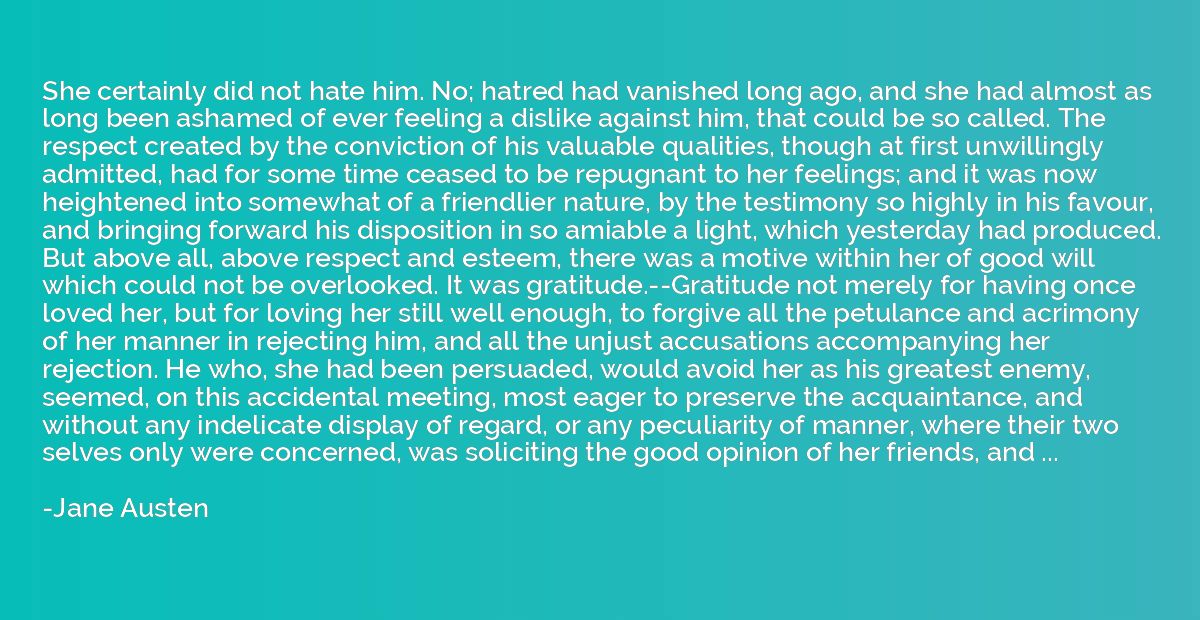Jane Austen Quotes
A collection of quotes by Jane Austen.
Jane Austen (1775-1817) was an English novelist whose works are considered some of the greatest classics of English literature. She is known for her witty and insightful portrayals of 18th-century English society. Austen's writing style, characterized by her keen observations and subtle humor, continues to captivate readers worldwide.
Born in Steventon, Hampshire, Austen was the seventh of eight children in a close-knit family. She began writing at a young age, honing her skills in the vibrant literary culture of her time. Austen's first completed novel, "Sense and Sensibility," was published anonymously in 1811, followed by "Pride and Prejudice" in 1813, which has since become one of her most beloved works.
Austen's novels revolve around themes of love, marriage, class, and the constraints placed on women during the Georgian era. Her novels capture the complexities of human relationships and the intricacies of societal norms with remarkable realism and sharp social commentary.
Despite achieving modest success during her lifetime, Austen's reputation as a literary genius grew after her death. Her other notable works include "Mansfield Park," "Emma," "Northanger Abbey," and "Persuasion."
Jane Austen's enduring legacy lies in her ability to create vivid characters and portray social dynamics with perceptive wit. Her novels continue to be celebrated for their timeless themes and engaging storytelling, making her one of the most influential writers in English literature.




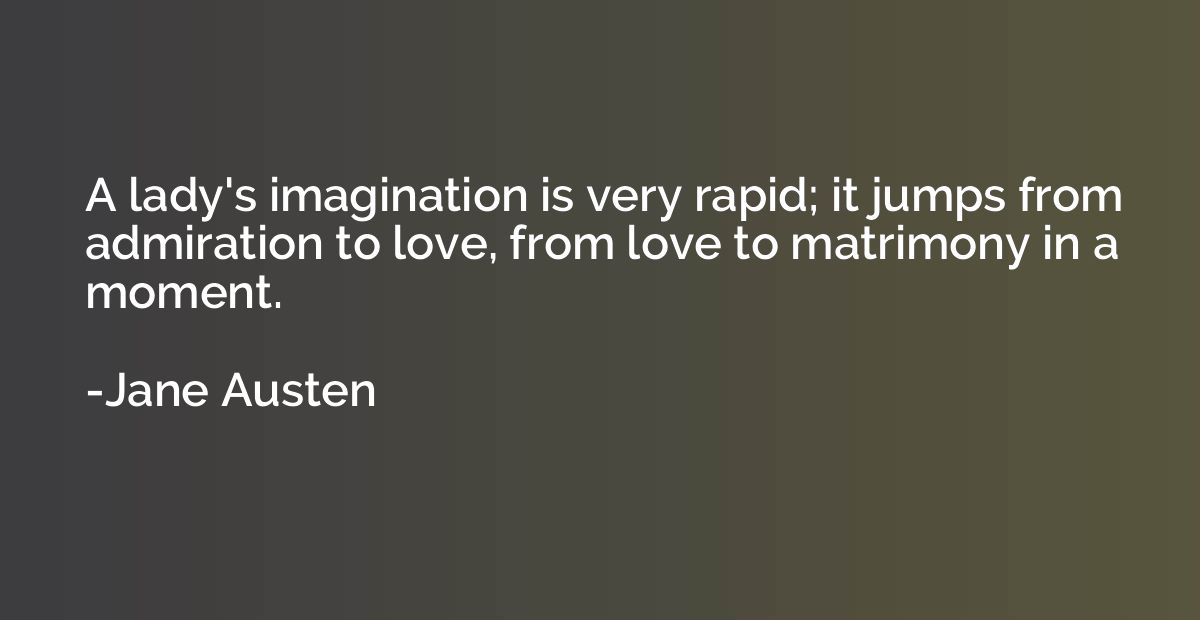


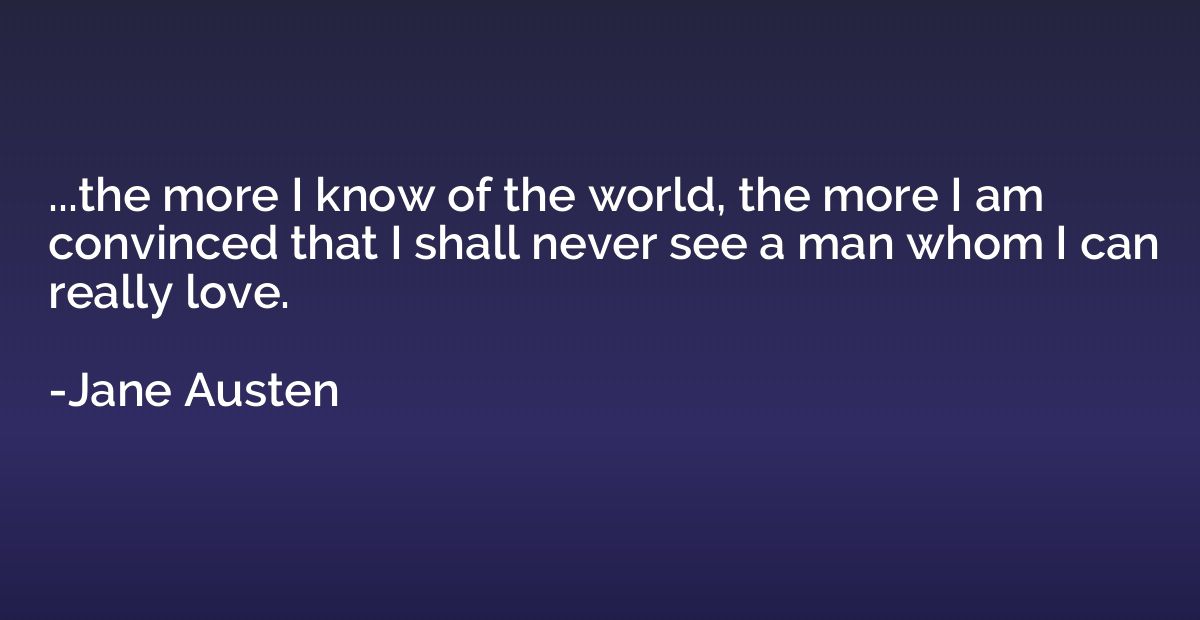
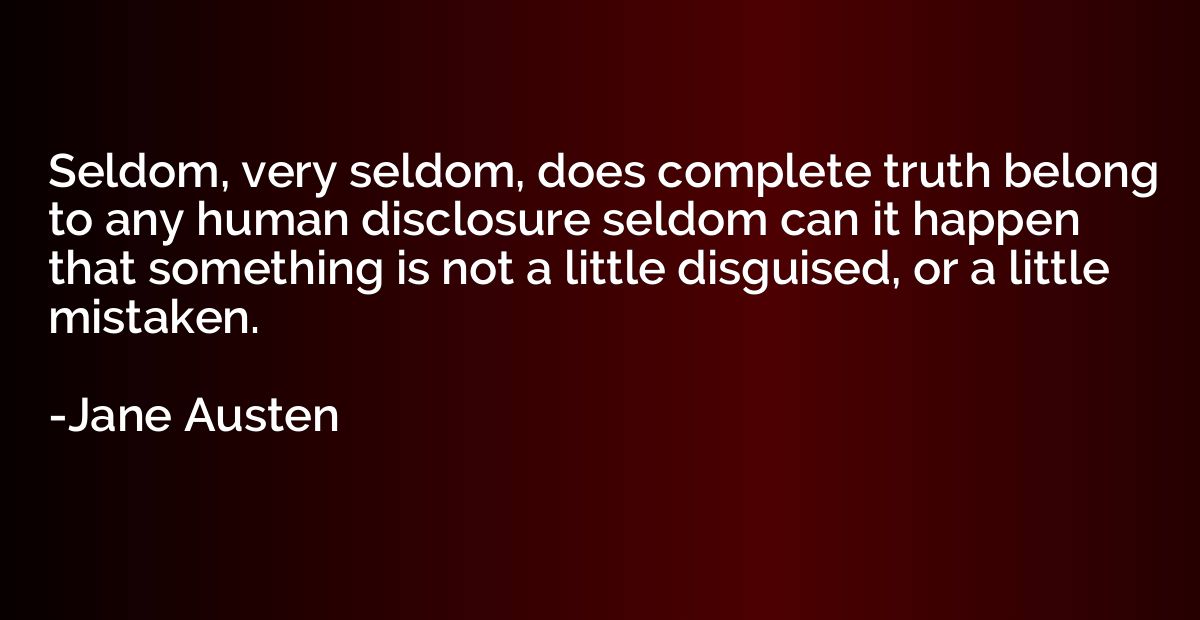
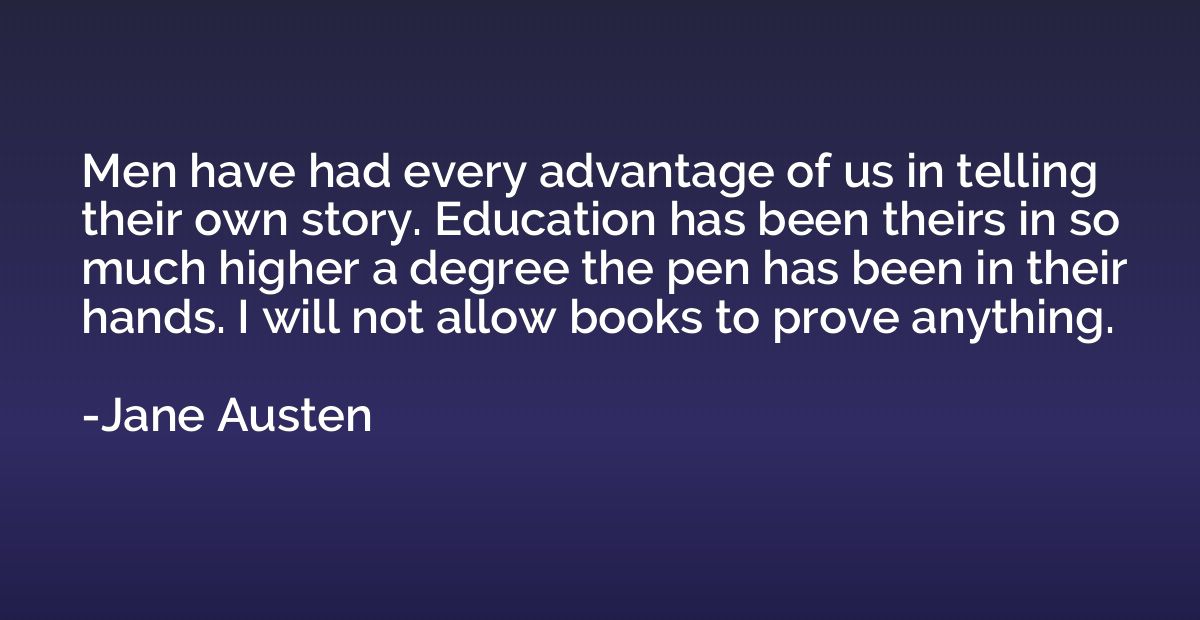
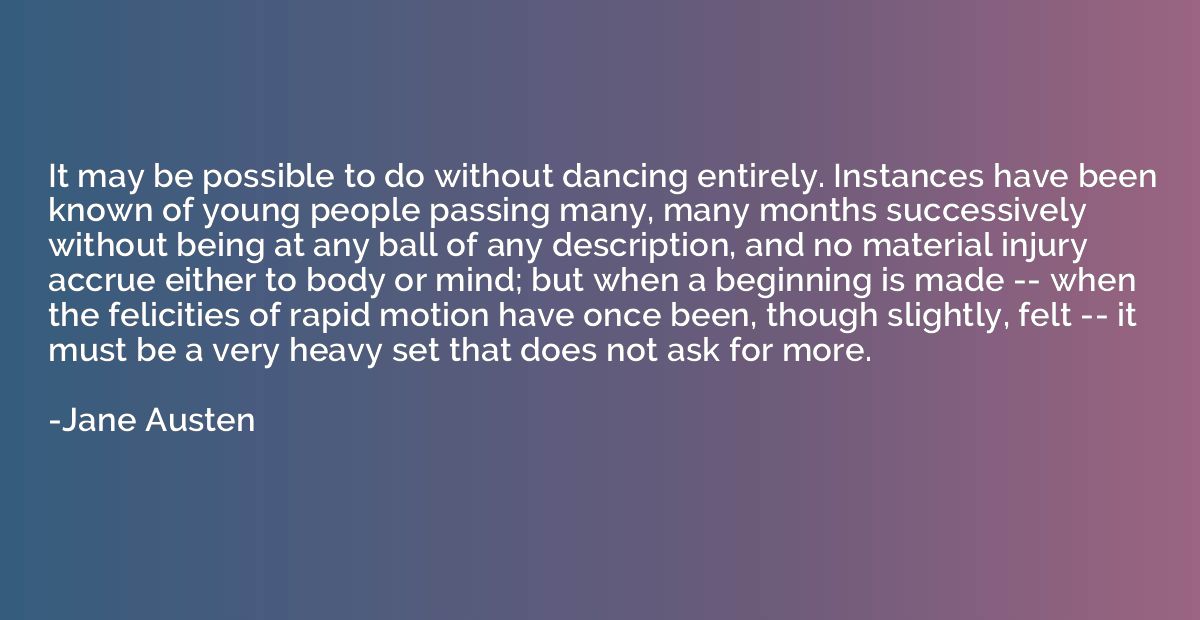

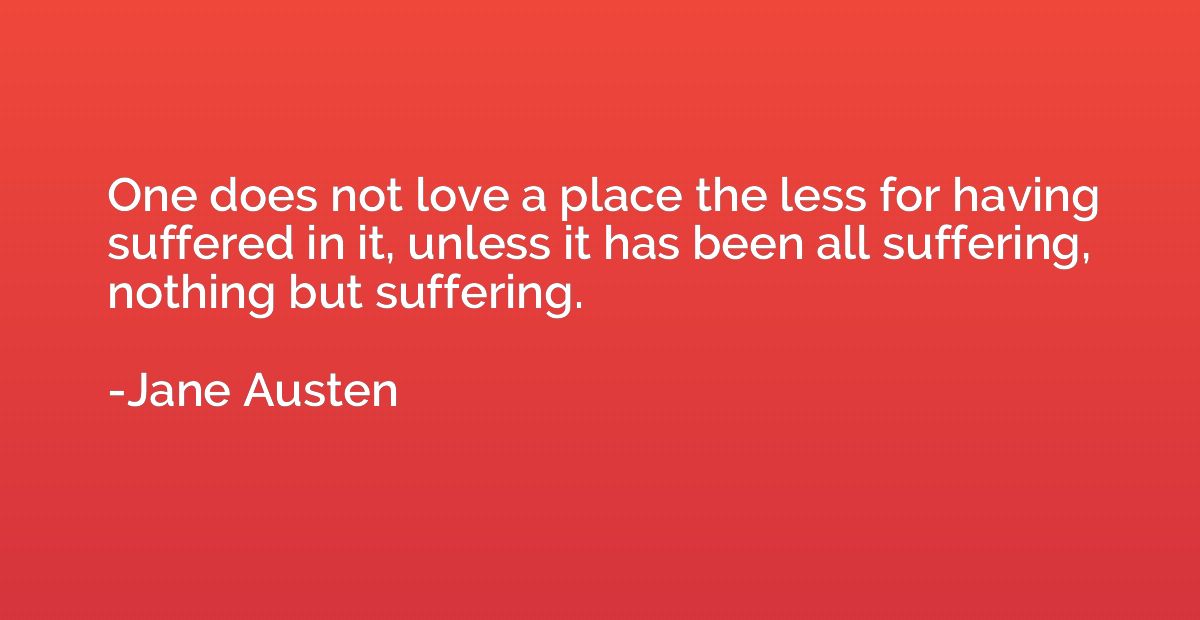
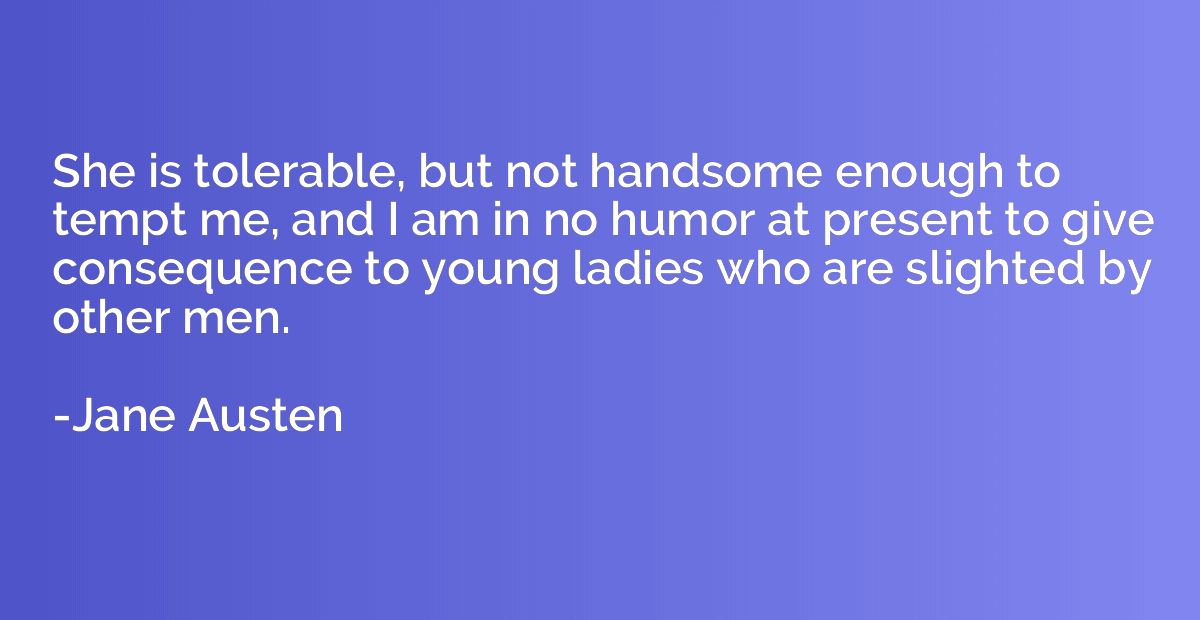
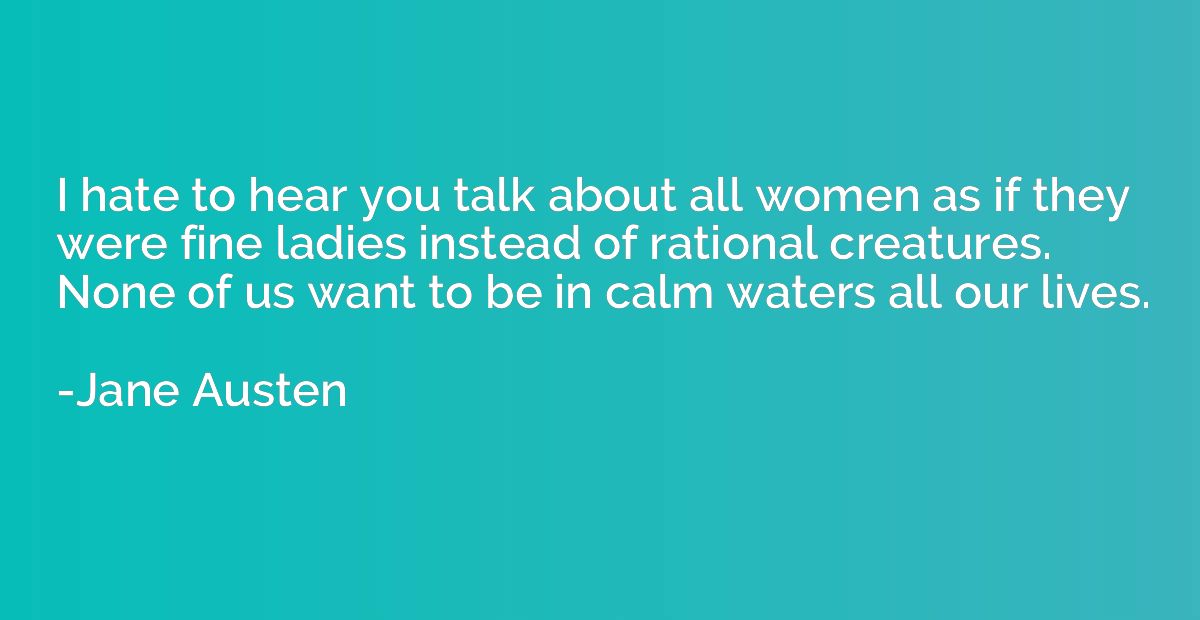
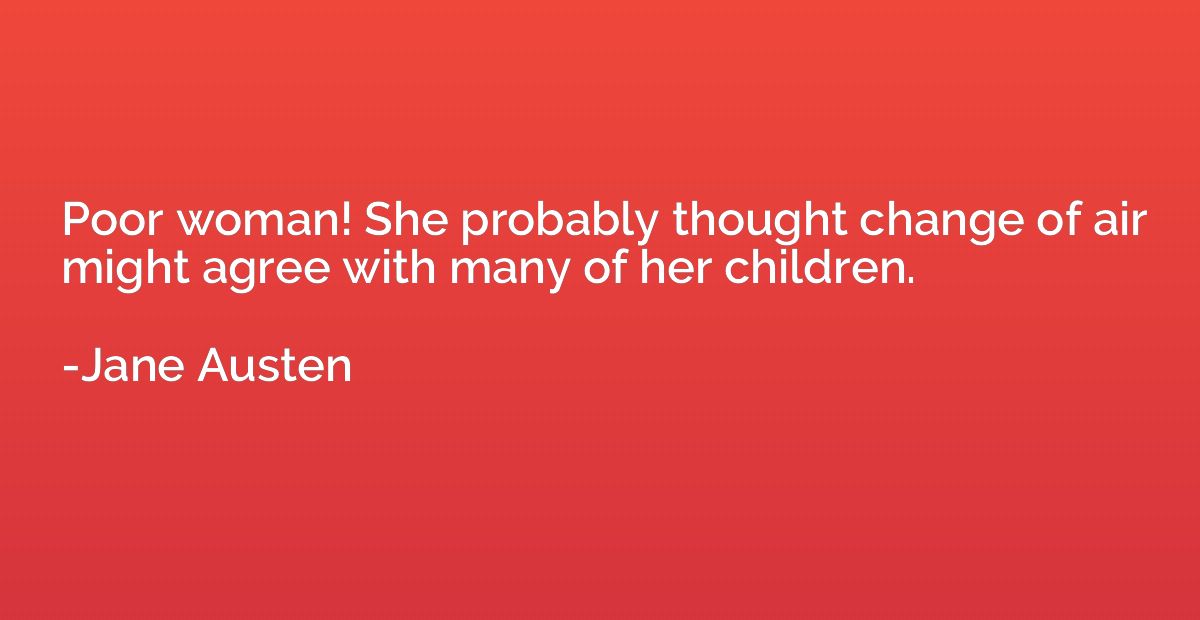


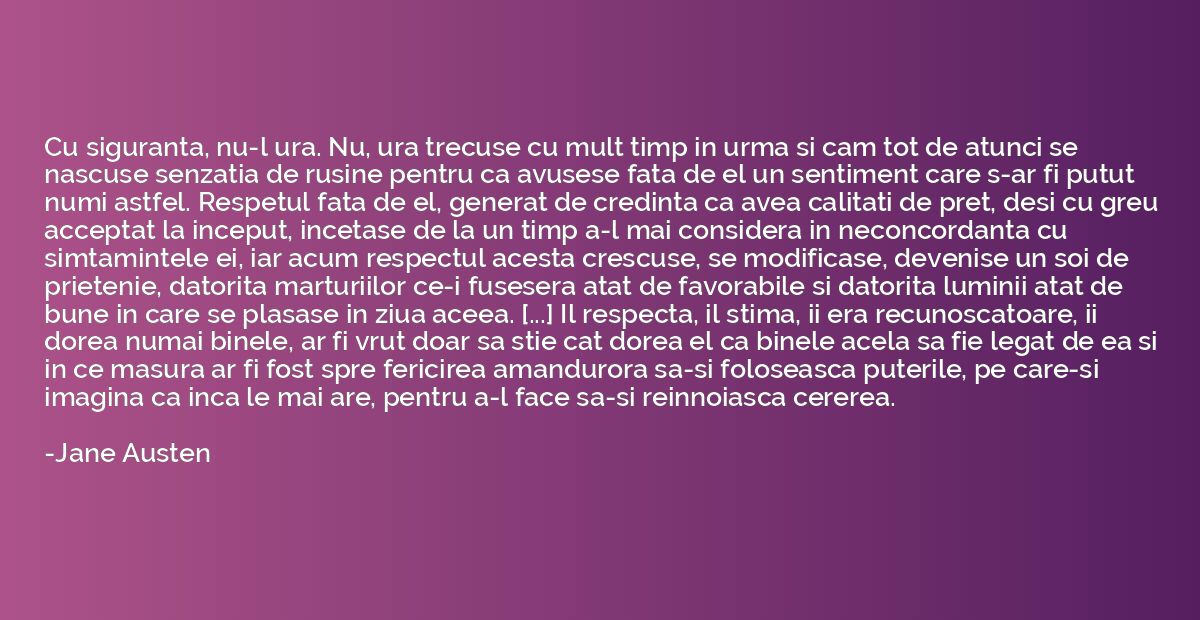

![[Mrs. Allen was] never satisfied with the day unless she spe](https://quotation.io/quotes/mrs-allen-never-satisfied-day-unless-spent.jpg)

